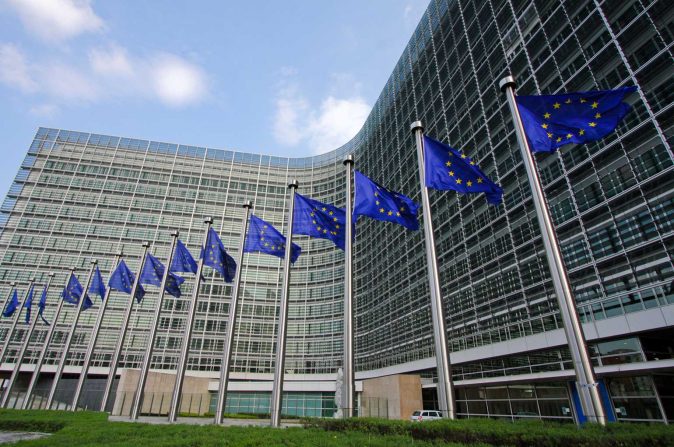Politics / European Union
EU adopts record budget for humanitarian assistance

The European Union announced its highest ever initial annual humanitarian budget. The budget, set at €1.6 billion for 2019, will be used mainly to address the crisis in Syria, refugees in neighboring countries and the extremely critical situation in Yemen.
Resources will also be allocated towards relieving other crises worldwide, including growing impact of climate change, the humanitarian crises in several African, Asian and countries from Latin America. According to the European Commission’s press release from January 16, in Africa, EU aid will support people in regions affected by crisis in South Sudan, Central African Republic, Lake Chad basin, the Democratic republic of Congo suffering from an Ebola outbreak and in regions suffering food and nutrition crises, such as Sahel. In Latin America, EU funding will help the most vulnerable populations affected by the crisis in Venezuela and protracted conflict in Colombia. The European Union will also continue to provide assistance in Afghanistan and help Rohingya populations in both Myanmar and Bangladesh. In Europe, the EU’s humanitarian efforts will focus on people affected by the conflict in Ukraine. In terms of combating the negative side effects of climate change, the funding will help vulnerable communities in disaster prone countries to prepare better to various climatic shocks, such as droughts, floods and cyclones.
“With this new budget, the EU remains a leading humanitarian donor in the face of crises such as Syria and Yemen. Humanitarian aid alone cannot solve all problems but we must do everything in our power to help the most vulnerable. This is our humanitarian duty. We must also think about the impact of these many crises on children, on the next generation. That’s why a record 10% of the new budget, 10 times more than in 2015, is dedicated to education in emergencies, so we can give children the tools to build a better future,” said Christos Stylianides, Commissioner for Humanitarian Aid and Crisis Management.
